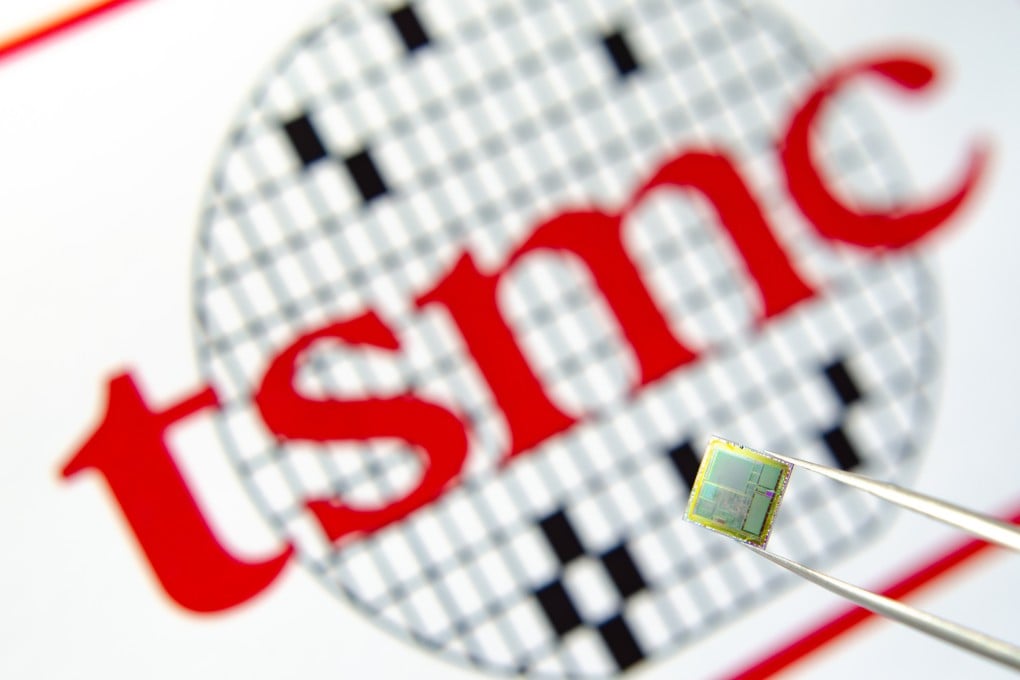Advertisement
Apple supplier TSMC, the world’s biggest contract chip maker, to keep spending in check amid weak global semiconductor demand
- TSMC has lowered this year’s capital spending to between US$32 billion and US$36 billion, as it expands fab capacity in the US and Japan
- The world’s biggest contract chip maker expects the market contraction to be temporary, with sales rebounding from the second half this year
Reading Time:3 minutes
Why you can trust SCMP
3

Che Panin Beijing
Taiwan Semiconductor Manufacturing Co (TSMC), the world’s biggest contract chip maker, expects to cut spending this year, as it braces for continued weakness in global demand.
“In the first half of 2023, we expect our revenue to decline by mid-to-high single digits per cent in US dollar terms over the same period last year,” TSMC chief executive C C Wei said on Thursday in the company’s fourth-quarter earnings conference call with analysts.
TSMC, based in the city of Hsinchu in northwestern Taiwan, predicted global semiconductor revenue to decline by 4 per cent this year amid soft demand in the consumer electronics and server computer markets. The company has forecast its first-quarter revenue this year to be between US$16.7 billion and US$17.5 billion, down as much as 5 per cent from a year earlier.
Advertisement
That has prompted the company to lower its 2023 capital expenditure to between US$32 billion and US$36 billion, compared with the original plan of between US$40 billion and US$44 billion it set in 2022. The firm already cut its total capital spending by 10 per cent last year to US$36.3 billion.
TSMC is working hard to control the costs associated with building new chip fabrication plants in the United States and Japan, for which government support is crucial, according to company chairman Mark Liu in the same conference call on Thursday.
Advertisement
Advertisement
Select Voice
Select Speed
1.00x
